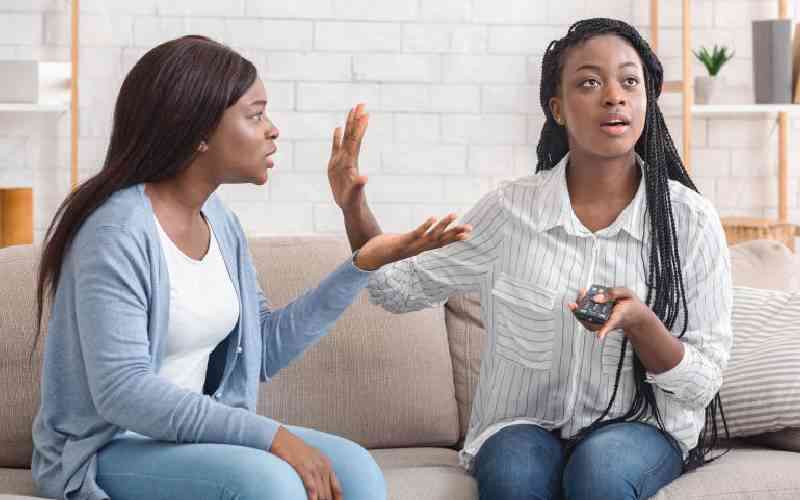
Friendships play a vital role in our development, providing connection, support and shared experiences that shape our identity and emotional well-being. However, there's a lesser-discussed reality: sometimes, our closest friends cross invisible lines. When boundaries aren't respected, friendships can become toxic. What starts as a close friendship can spiral into manipulation, betrayal or subtle bullying.
For girls, bullying and peer pressure often manifest differently. Unlike overt physical aggression, these behaviours are often difficult to recognise. Social exclusion is a common tactic, involving being deliberately left out of group events or conversations. Then there's relational aggression, such as spreading rumours, gossiping, or controlling who someone can or cannot be friends with. This is less visible, but no less damaging.